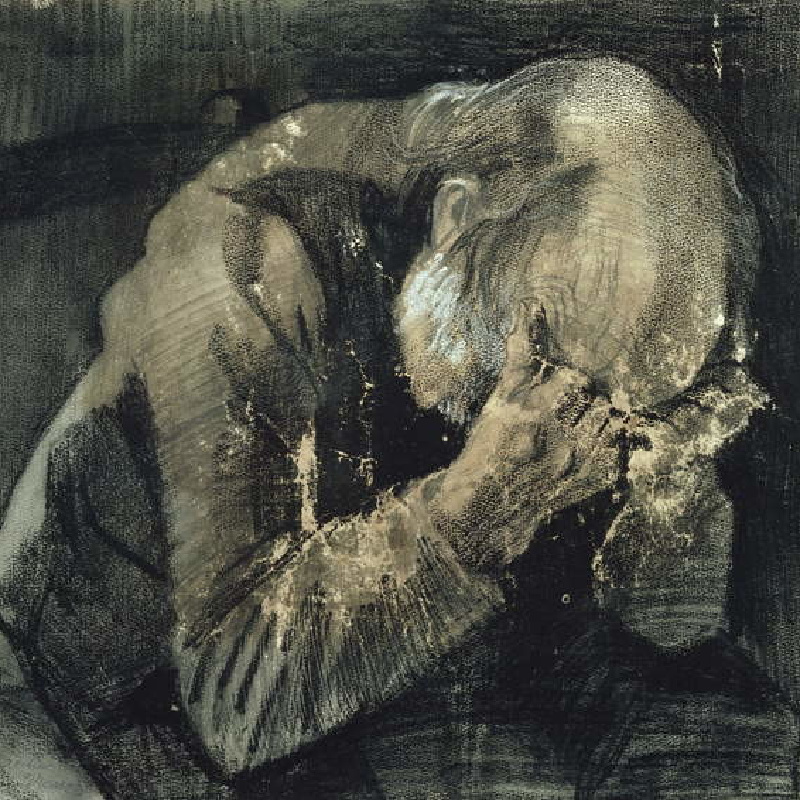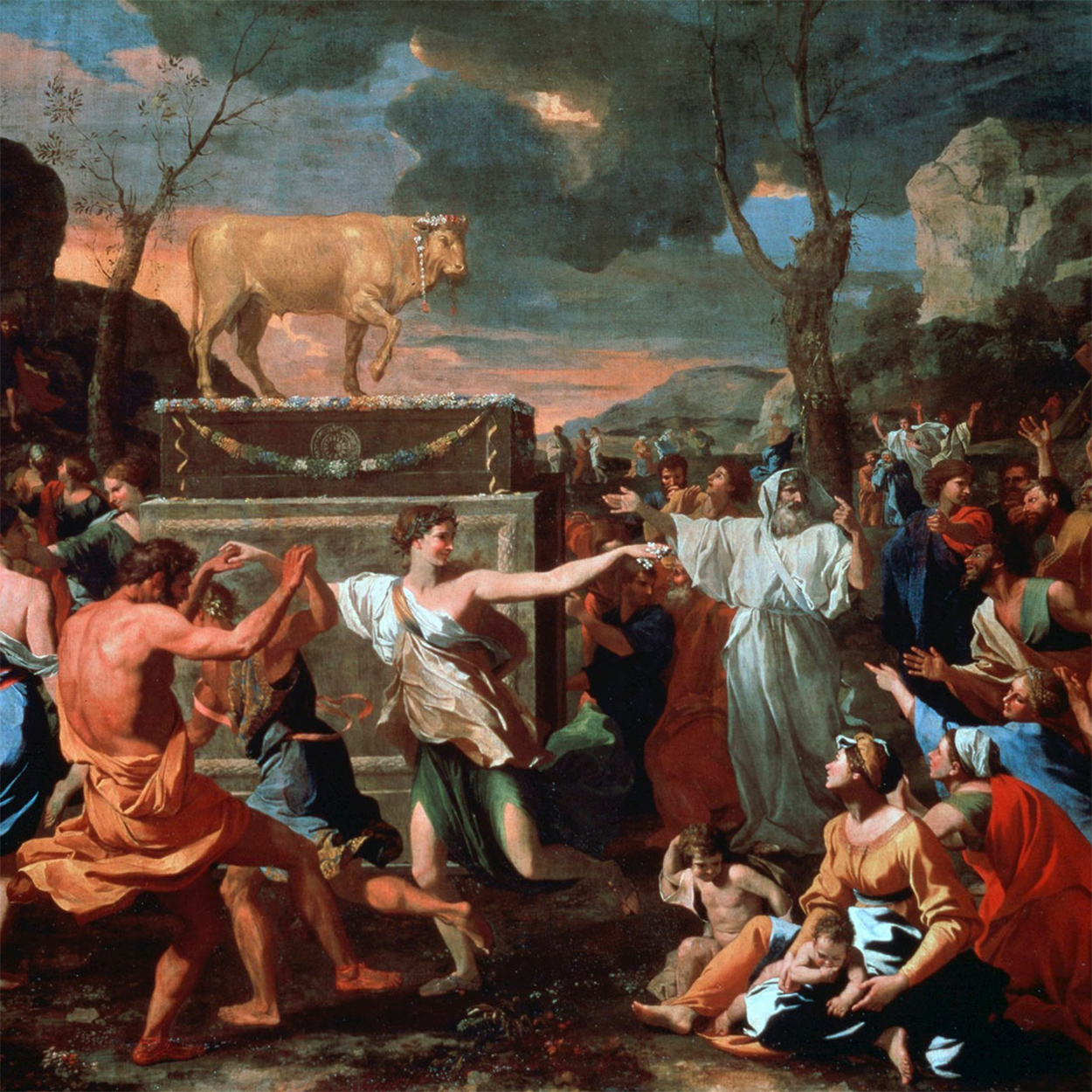
Motherhood, Mortality, and the Myth of Control
A near-death experience at 39 leads a mother to challenge her perceptions of entitlement, faith, and mortality.

A near-death experience at 39 leads a mother to challenge her perceptions of entitlement, faith, and mortality.

Jumping into policy-making after a tragedy may not be best. If we aren’t careful, we can fall for policy errors that can actually make the problem worse.

Can followers of Christ speak the “whole language” without considering the entirety of the very language of Jesus that makes us whole? A review of Fr. Gregory Boyle’s book, The Whole Language: The Power of Extravagant Tenderness.

Much sorrow is being felt in the wake of this pandemic, by so many. How can we better “mourn with those that mourn,” while also working through our own grief in healing ways?

However challenging it has been to make sense of evil as believers, try doing that without God in the picture. As many conclude there is no ultimate purpose or justification in evil, there is likewise no sense of ultimate redemption from it either. How could you not then feel despair and outrage?

Job’s words, “The Lord gave, and the Lord hath taken away; blessed be the name of the Lord,” are especially meaningful post-COVID.

If we write off the Bible as irrelevant, we lose its proposals on meaning, purpose and self-worth. Other widely embraced answers, however, are despairing.